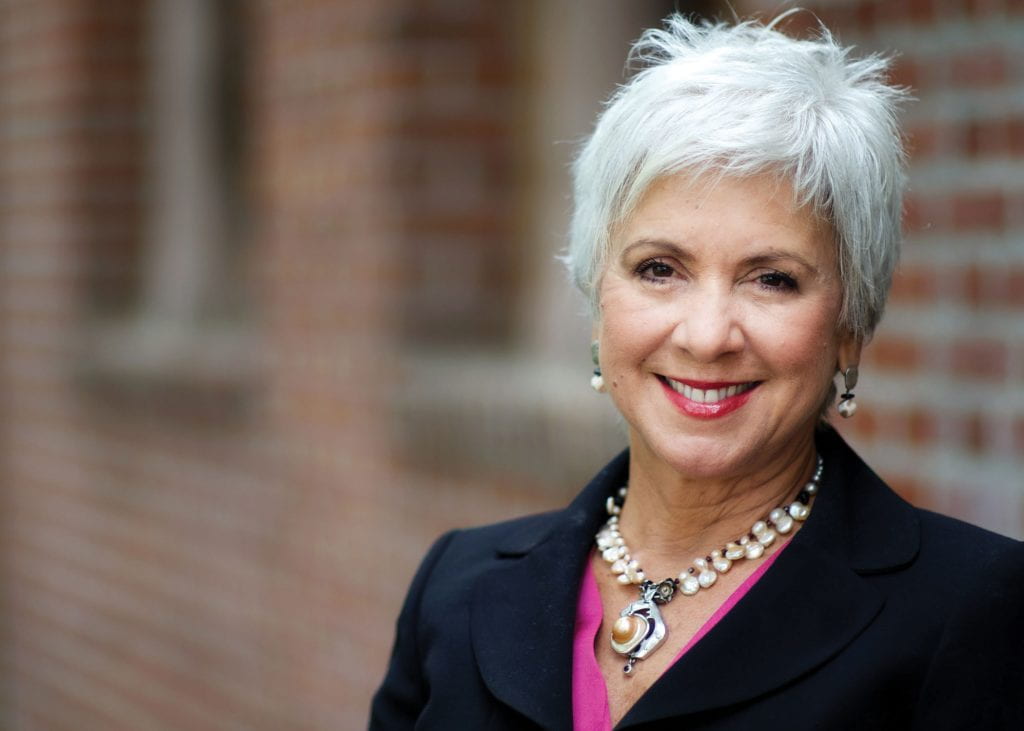After nearly 30 years of making major contributions to public health research and practice in Boston, Hortensia Amaro is entering a new phase in her career. She recently returned to Los Angeles, her former home, as USC’s first associate vice provost for community research initiatives.
In that role, she hopes to develop USC’s capacity to conduct interdisciplinary, community-based scholarship. This includes research “that can improve the underlying conditions leading to health disparities and limiting life conditions in poor neighborhoods, such as lack of economic opportunity, education quality, and access to medical care, as well as the effects of violence,” she said. Her goal is to enhance evidence-based assessment of community needs and track effectiveness of program investments.
“USC has a long history of engagement with the community and a perspective that its well-being and the community’s are intertwined,” said Amaro, who is also a dean’s professor of social work and preventive medicine. “It’s an environment where I can help find new solutions and inform policies to improve conditions in the largely Latino and African American communities surrounding the university.”
Amaro’s personal history has fueled her interest in public health. The child of Cuban immigrants, she lived for a while in Los Angeles public housing. Those early experiences prompted her, as a psychologist and researcher, to explore how individuals and families adapt to and function under difficult conditions.
Her groundbreaking studies on clinical strategies for treating women with co-occurring drug addiction, mental illness and post-traumatic stress disorder have provided strong evidence supporting integrated treatment for these conditions.
Her remarkable record of translating research into practice, will continue at USC,
“To me, engaged scholarship is really responsive to the needs of a local community,” she said. “It means that you’re in a dialogue where you’re listening and learning, sharing and developing solutions in partnership with the community.”
